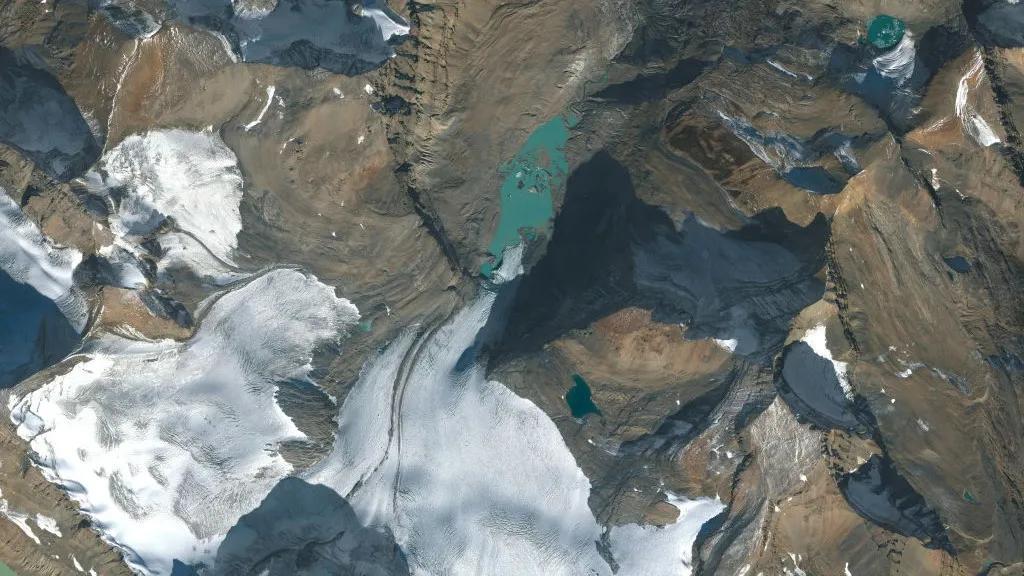
North America & Europe’s Glaciers Lost Unprecedented Ice in 4 Years: Study
In a stark warning about the accelerating impact of climate change, a recent study has revealed that glaciers in North America and Europe have lost an unprecedented amount of ice over the past four years. According to the research, glaciers in the United States, Canada, and the Swiss Alps have shrunk by up to 13% between 2021 and 2024, with some experiencing losses twice as severe as those recorded between 2010 and 2020.
The study, published in the journal Geophysical Research Letters, analyzed data from 2021 to 2024 and compared it to data from 2010 to 2020. The findings are a stark reminder of the rapid pace of climate change and its devastating impact on the world’s glaciers.
The research focused on glaciers in Washington, Montana, British Columbia, Alberta, and the Swiss Alps. The results showed that the glaciers in these regions lost an average of 24.5 billion tons of ice per year between 2021 and 2024. This is more than double the average annual loss of 11.2 billion tons recorded between 2010 and 2020.
In the Swiss Alps, the glaciers lost an average of 1.7 billion tons of ice per year over the same period, a significant increase from the average annual loss of 0.8 billion tons between 2010 and 2020.
The study’s lead author, Dr. Austin Humphreys, a glaciologist at the University of Colorado Boulder, said that the findings are “unprecedented” and highlight the urgent need for climate action. “We’re seeing glaciers lose ice at an incredible rate, and it’s not just a few isolated events,” Dr. Humphreys said. “This is a global trend, and it’s happening faster than we ever thought possible.”
The rapid melting of glaciers is not only a pressing environmental concern but also has significant implications for global sea levels, water supply, and ecosystems. Glaciers act as natural reservoirs, storing water that is released as they melt. If glaciers continue to melt at this rate, it could lead to widespread flooding, droughts, and disruptions to ecosystems.
The study’s findings are particularly concerning given that the world is already experiencing the effects of climate change. Rising temperatures are melting glaciers at an unprecedented rate, and the consequences are far-reaching. From devastating heatwaves to catastrophic floods, the impacts of climate change are being felt around the world.
So, what can be done to address this crisis? The first step is to acknowledge the severity of the situation and take immediate action. Governments, corporations, and individuals must work together to reduce greenhouse gas emissions, transition to renewable energy sources, and adopt sustainable practices.
The study’s authors are calling for urgent action to mitigate the effects of climate change. “We need to reduce our carbon footprint and transition to a low-carbon economy,” Dr. Humphreys said. “We can’t afford to wait any longer. The clock is ticking, and we need to take action now to protect our planet’s glaciers and ecosystems.”
In conclusion, the study’s findings are a wake-up call for the world. The rapid melting of glaciers in North America and Europe is a stark reminder of the urgent need for climate action. It’s time for governments, corporations, and individuals to come together and take immediate action to reduce greenhouse gas emissions and protect the world’s glaciers and ecosystems.
Source: https://agupubs.onlinelibrary.wiley.com/doi/10.1029/2025GL115235






